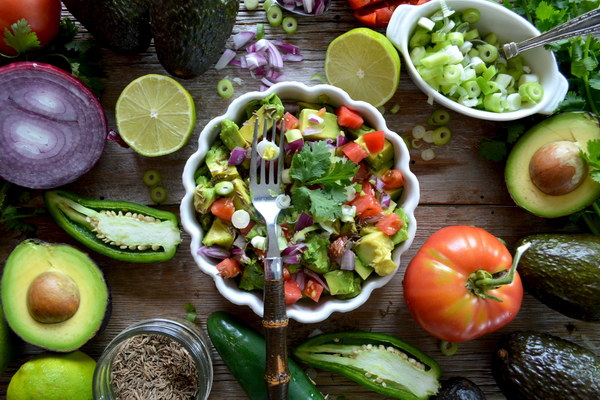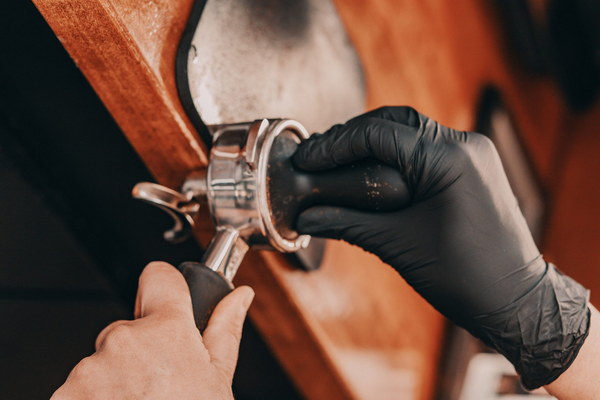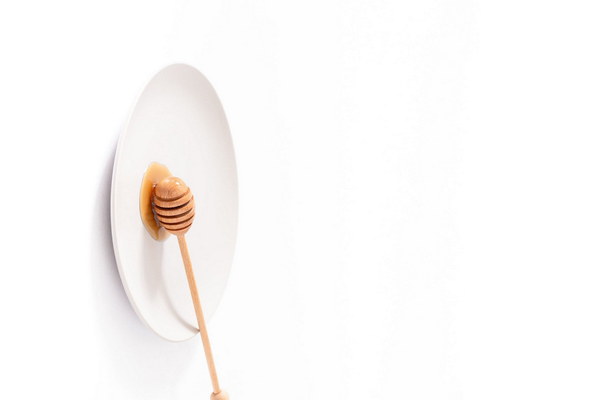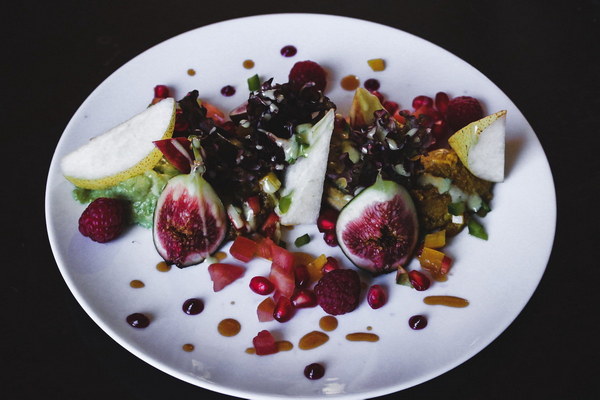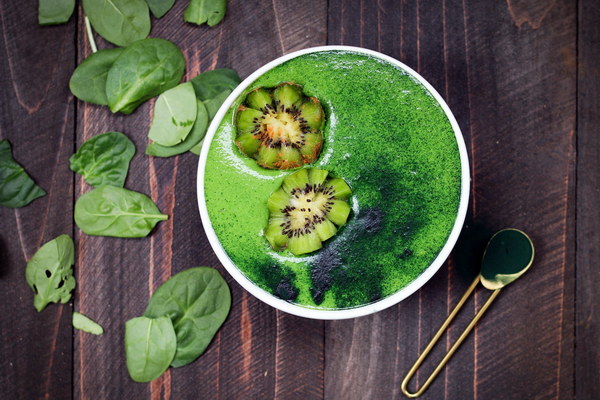Harmony of the Liver A Traditional Chinese Medicine Approach to Wellbeing
In the realm of Traditional Chinese Medicine (TCM), the liver holds a significant place in maintaining overall health and well-being. As the king of organs, the liver is crucial for the smooth flow of Qi (vital energy) and the regulation of blood. Here's a closer look at how a TCM practitioner might advise on nurturing the liver to promote a healthy lifestyle.
Understanding the Liver in TCM
In TCM, the liver is responsible for several vital functions, including the smooth flow of Qi, blood, and emotions. It is closely linked to the eyes, tendons, and the sinews, and plays a role in the storage and distribution of blood. The liver is also connected to the Gall Bladder, which is its partner organ, and together, they maintain balance and harmony in the body.
When the liver is in balance, it can effectively handle stress, regulate emotions, and ensure a healthy digestive system. However, when the liver is imbalanced, it can lead to various health issues, including irritability, mood swings, poor digestion, and eye problems.
TCM Practices for Liver Nourishment
1. Dietary Adjustments
- TCM emphasizes the importance of a balanced diet that nourishes the liver. Foods that are rich in vitamins, minerals, and antioxidants can help support liver function. These include green leafy vegetables, nuts, seeds, and fruits like blueberries and kiwi.
- It's also important to avoid excessive intake of spicy, greasy, and fried foods, as these can overwhelm the liver and lead to imbalances.
2. Herbal Remedies
- Herbs such as dandelion, milk thistle, and artichoke are known for their liver-cleansing properties. TCM practitioners often prescribe these herbs in tea or tincture form to help detoxify and nourish the liver.
- Other herbs, like chrysanthemum and peony, are used to soothe the liver and alleviate stress, which can be beneficial for those experiencing emotional imbalances.
3. Acupuncture and Tui Na
- Acupuncture involves inserting fine needles into specific points on the body to stimulate the flow of Qi. Points related to the liver are commonly used to promote its health and balance the body's energy.
- Tui Na, a form of therapeutic massage, can also be employed to relieve tension in the liver meridians and improve overall circulation.

4. Emotional Well-being
- The liver is closely connected to the mind and emotions. TCM practitioners emphasize the importance of managing stress and negative emotions to maintain liver health.
- Techniques such as meditation, deep breathing exercises, and yoga can help calm the mind and reduce stress, which in turn supports liver health.
5. Regular Exercise
- Engaging in regular, moderate exercise can help improve liver function and maintain a healthy weight. Activities such as walking, swimming, and tai chi are particularly beneficial for promoting liver health.
Conclusion
By focusing on the harmonious balance of the liver, TCM offers a holistic approach to well-being. Through dietary adjustments, herbal remedies, acupuncture, emotional management, and regular exercise, individuals can support their liver health and enjoy a more balanced, vibrant life. As with any health regimen, it's essential to consult with a qualified TCM practitioner to tailor the approach to individual needs and circumstances.
